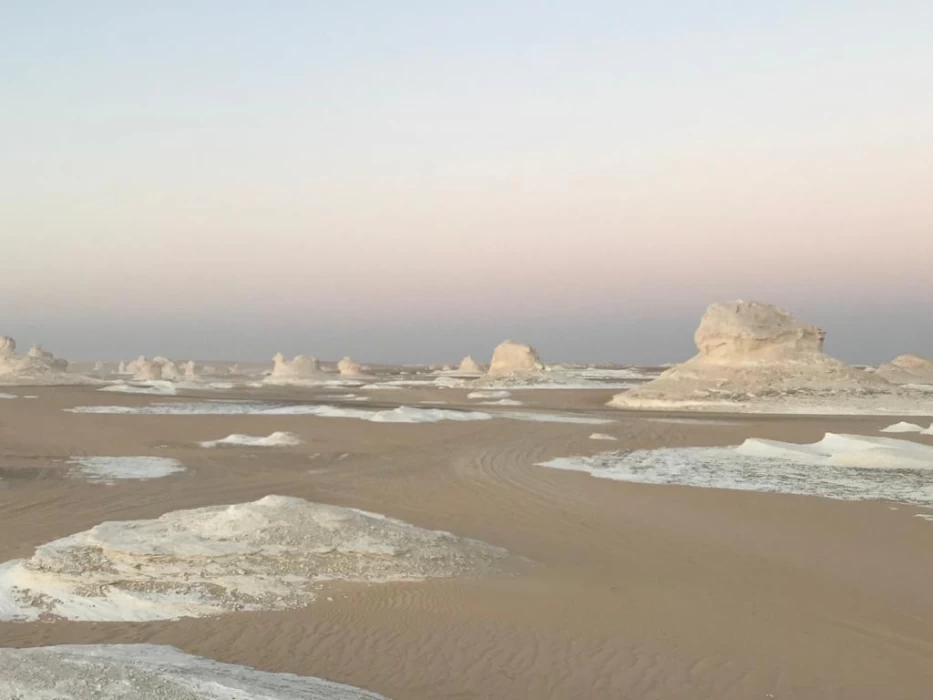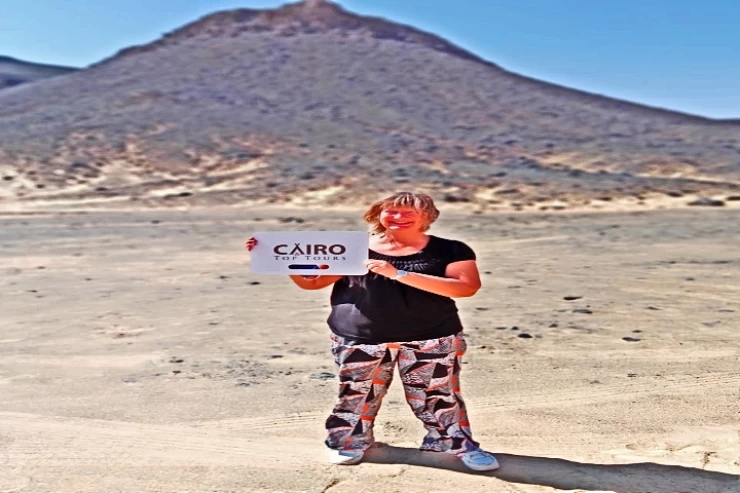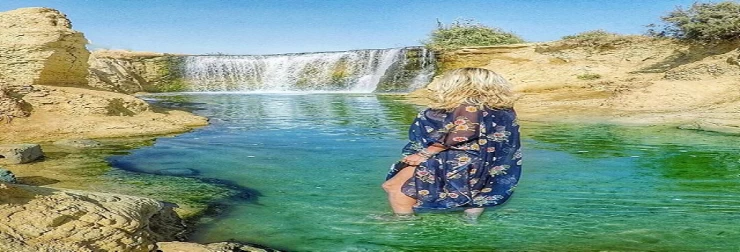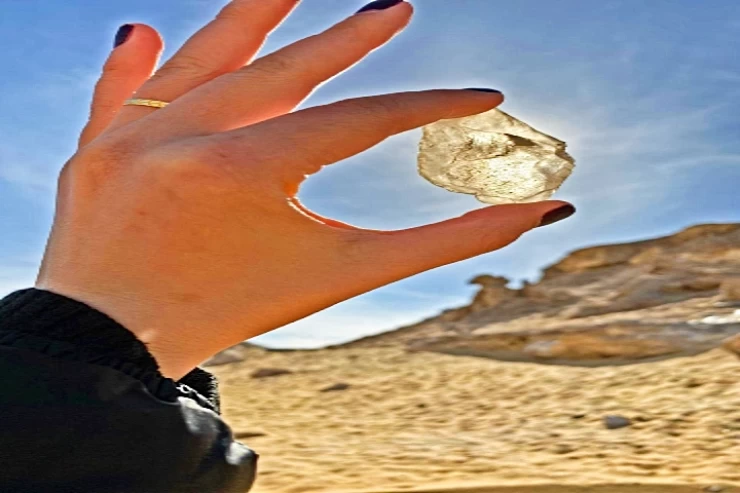
White Desert
The White Desert
Egypt specializes in the availability of more than one type of tourism; for example, there is historical tourism, where you can visit archaeological places such as temples, tombs, and museums that include many wonderful monuments, whether Pharaonic, Roman, and Greek, or even Christian and Islamic places like mosques and churches all over Egypt.
There are other types of tourism, for example, river tourism and cruise tourism, where you can ride boats and feluccas or do diving and other fun things. On the other side, there is safari tourism or desert tourism, where there are oases and other wonderful things, and you can travel and go camping.
One of the desert places with an area of more than 3000 km is the desert, which is distinguished by its white colour, which makes there a mixed feeling of being in the desert and at the same time as if you are in Antarctica, because the white colour covers most of the place, and there are also some impressive desert plants, and at night you can try sound and lights among the rocks that have been historically formed in different shapes, like rocks that look like a camel's head and many other shapes that are covered in white colour.
This phenomenon has been called calcite by scientists after the white calcite rocks that were deposited by the effects of erosion and formed the shapes that they are now.
The most wonderful thing that is unique about this desert, except for its colour, is the fossils from millions of years ago, as some rocks date back to the Cretaceous period and before it. Because of that, the White Desert is considered an open historical museum in the New Valley, as UNESCO recognized it as the first geological park in Egypt.
The White Desert is a very special place to go for a vacation away from the hustle and bustle, and you can also try a safari or camp there for two days or more; it will be a fantastic adventure. In addition, this desert is near the Farafra Oasis; just a few kilometres away, and you are there. These types of trips are characterized by different experiences, contrary to going to archaeological sites, beaches, and so on.
If I came to Egypt from abroad, I probably wouldn't miss this wonderful adventure in the White Desert that so many tourists come to every year.
The most recognizable aspect of Live Out is Chalk Formations; these sculptures are found scattered all over the country. Some of the most popular formations would be Chicken and Mushroom and the Sphinx.
Crystal Mountain: Just a short driving distance from the White Desert, it includes bright, shining quartz crystals in the rock, thus giving an additional aspect to geological wonders.
The Desert Flora and Fauna: The White Desert presents unusual life, such as desert foxes and tough plant species, despite the wilderness it composes.
The White Desert has a truly magical effect as it’s one of the more recently declared protectorates of Egypt and is located totally within the Farafra area. White Desert National Park is considered one of the most important tourist destinations for Egypt's Desert Safari adventure. It is without a doubt Egypt's most well-known desert destination, and for good reason. In every desert on the planet, the number of strange and magnificent wind-carved rock formations shaped like huge mushrooms or stones is unparalleled. The important question is, Where is the White Desert? Farafra Oasis is closer to this 300-kilometer protectorate than Bahariya, although it has a smaller selection of tours and safaris. It is, however, the ideal starting place for an overnight trip into the endless whiteness.
A gloomy and, at the same time, extremely attractive landscape seems supernatural. Tourists come to admire it from all over the world. The Bahariya Oasis and another prominent natural attraction of Egypt, the White Desert, are located near the Black Desert. The uninhabited and absolutely lifeless desert attracts not only curious tourists but also professional photographers. At certain times of the day, you can create unique images, since the play of shadows forms an even more amazing scenario.
The name of White Desert Farafra Oasis comes from the layer of chalk and limestone that partially covers the landscape. This is the vestige of a time when this area, today arid, was located under the sea, there are tens of millions of years. You can always find remains of sea urchins, shells, and even coral reefs near the Libyan desert.
Sleeping under the stars (or rather under millions of stars!), in absolute silence, in the heart of a seemingly infinite space, provides an unreal sensation. Walking in the sand or stones, crossing a dry oasis, drinking tea in a lost spring in the middle of nowhere, and discovering fossils of shells are somewhere else apart from this planet. And for those who like the adventurous atmosphere, all this can be done by a 4x4 Jeep vehicle.


















